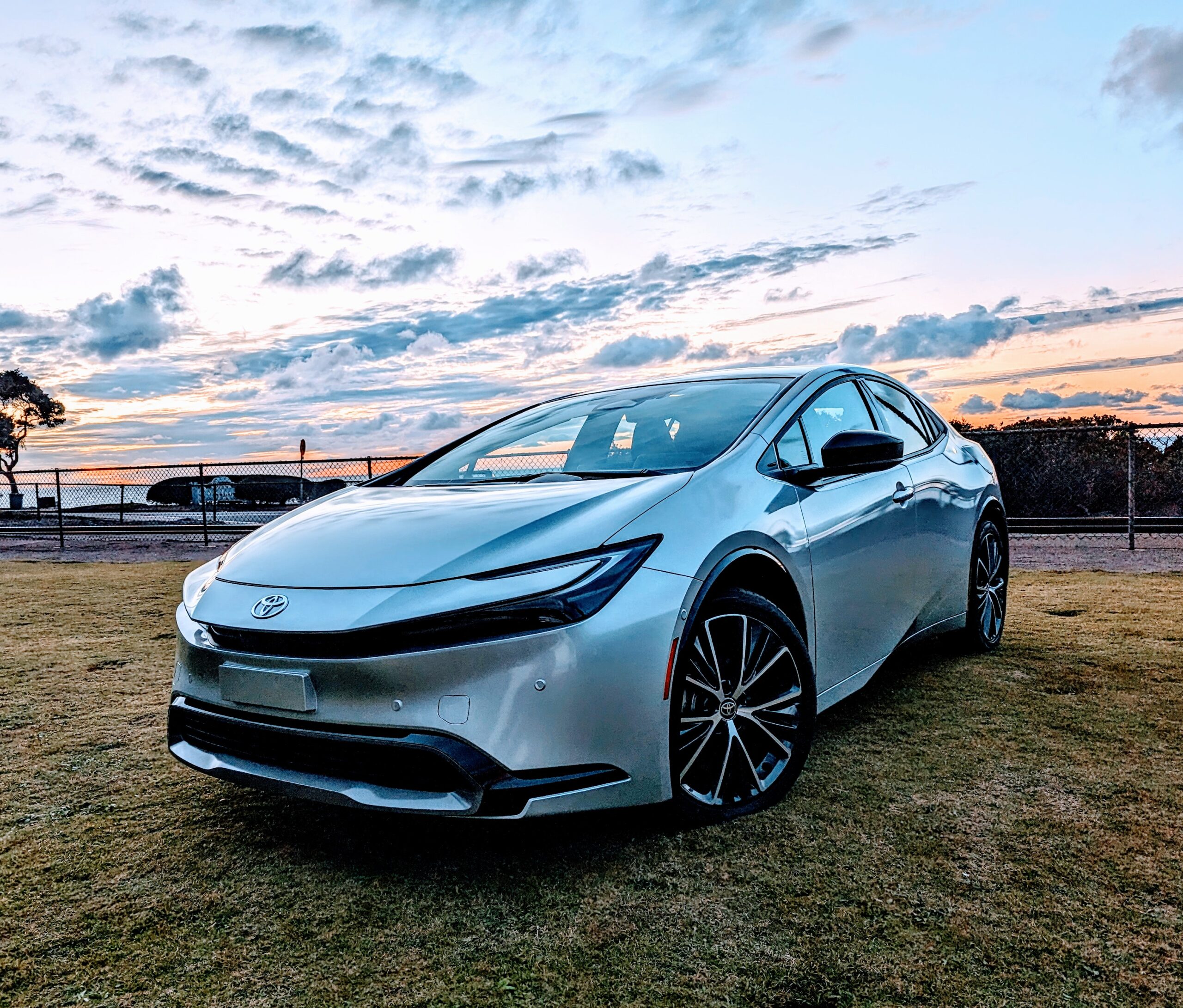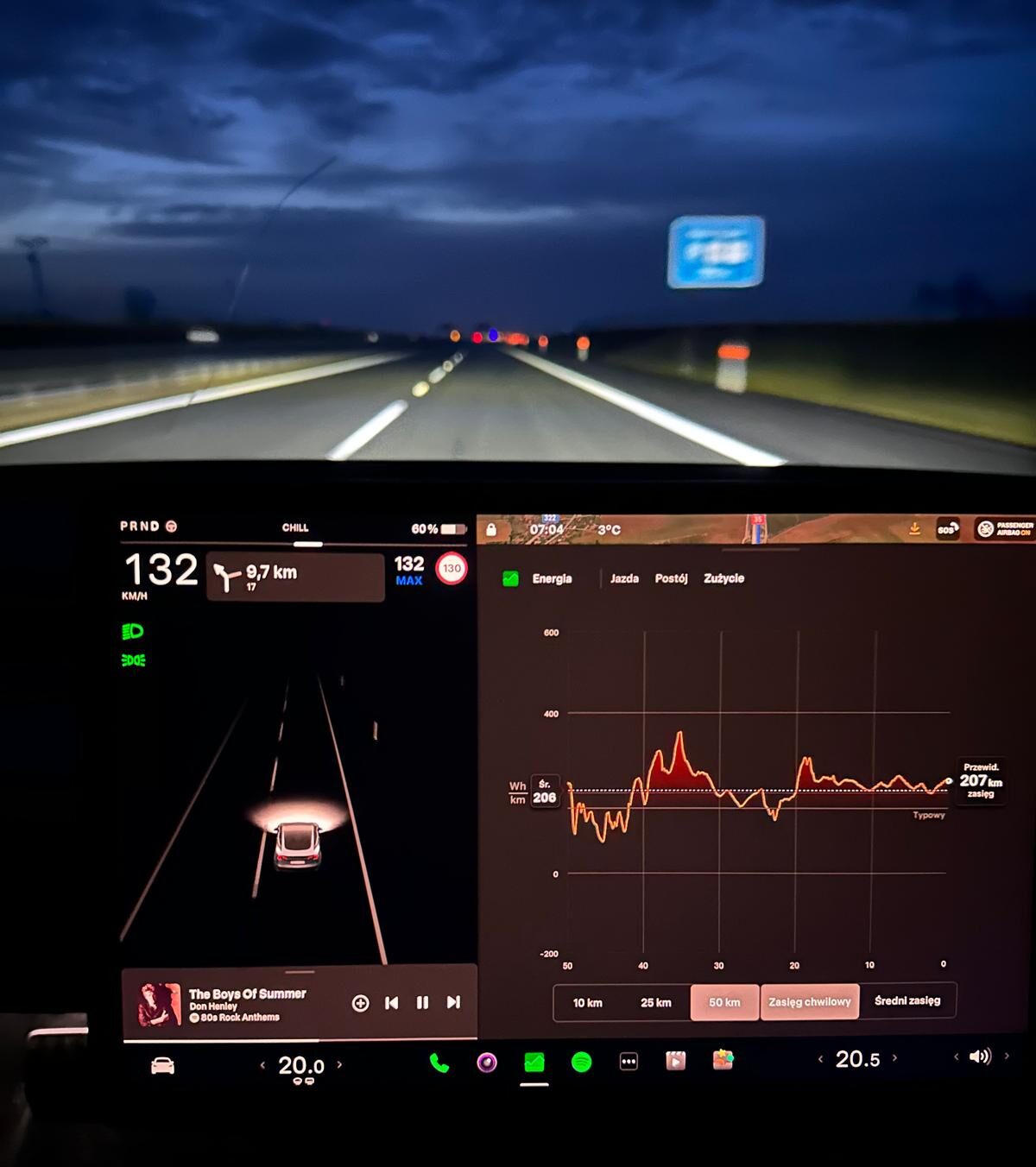Sign up for daily news updates from CleanTechnica on email. Or follow us on Google News!
Ekō is an online organization that seeks to hold corporations to account for their misdeeds. On January 23, 2024, it released a report entitled Toyota ElectriFraud which details how the Japanese company allegedly manipulates its marketing message to confuse customers about what constitutes an electric car.
This is not the first time Toyota has been accused of deceptive marketing. Several years ago, it engaged in similar conduct when it advertised its hybrid vehicles as “self-charging” electric cars. Under the stewardship of Akio Toyoda, grandson of the founder of Toyota, the company has vigorously promoted its hybrid cars as the answer to the problem of greenhouse gas emissions from cars powered by internal combustion engines.
Who Is Ekō?
You might want to know more about this group of people who call themselves Ekō, so here’s what we were able to find out about them online.
Ekō is a community of people from around the world committed to curbing the growing power of corporations. We want to buy from, work for and invest in companies that respect the environment, treat their workers well and respect democracy. And we’re not afraid to hold them to account when they don’t.
Barely a day goes by without a fresh corporate scandal making headlines. From polluting the environment to dodging taxes — when left unchecked, corporations don’t let anything stand in the way of bigger profits.
In an age of multinational companies that are bigger and richer than some countries, it can be easy to feel powerless. But they have a weakness. The biggest corporations in the world rely on ordinary people to keep them in business. We are their customers, their employees, and often their investors. When we act together, we can be more powerful than they are. Together, our community of millions act as a global consumer watchdog — running and winning campaigns to hold the biggest companies in the world accountable.
They sound like a pretty woke group of folks who would feel right at home here at CleanTechnica global headquarters.
The Toyota ElectriFraud Report
The ElectriFraud report says Toyota’s “Electrified” marketing campaign is a textbook case of greenwashing. Ekō says it found misleading marketing on 25 official Toyota websites that attempt to capitalize on the growing demand for more electric vehicles in order to sell more polluting vehicles, namely hybrids.
The lifecycle emissions of hybrids and plug-in hybrid vehicles are much closer to those of conventional cars than they are to battery electric vehicles. Research by Transport & Environment shows that hybrids only achieve a 21% reduction in greenhouse gas emissions compared to an equivalent gasoline powered car while emissions from plug-in hybrids are only 26% less.
Battery electric vehicles deliver far greater reductions, even in the least favorable cases. An electric car with a battery produced in China and driven in Poland, which uses more electricity made from burning coal than any other country in Europe, produces 37 percent less carbon dioxide than a conventional car.
The truth, Ekō says, is that Toyota made an estimated record breaking 10.2 million vehicles in 2023 — almost all of them with an internal combustion engine. When accounting for scope 1, 2 and 3 emissions, which include the greenhouse gas pollution caused by using their products, Toyota does significantly more harm than even BP. That’s quite a statement, considering BP is one of the biggest polluters on Earth.
Here are the key findings of the ElectriFraud report:
- Unsubstantiated green claims and inaccurate use of terms like “electric” in reference to petrol hybrids in Toyota’s webpage titles, descriptions, headings, links and body text, appear to be designed to mislead consumers and AI bots alike.
- Web page source code reveals that the Electrified campaign is internationally coordinated, with national agents (Toyota subsidiaries or licensed importers) in at least 23 countries publishing localized versions, and greenwashing to greater or lesser degrees.
- Toyota Austria, Toyota Belgium, Toyota AG (Switzerland), Toyota Deutschland, Toyota Italia, and Toyota’s Dutch reseller, Louwman & Parqui appear to have tricked even Google Search in their countries to conflate electric vehicles with fossil fuel burning hybrids.
- Not satisfied with “earned reach” through search engine optimization alone, Toyota marketers in the Netherlands appear to have also paid for Bing ads for the term “elektrische auto” (electric car) to promote their cars, including hybrids.
- Though Toyota marketers have used the term “electrified” for years, the Internet Archive’s Wayback Machine shows that dedicated Electrified webpages only began to appear in 2022, with Toyota’s US page only going live in 2023. This timing coincides with Toyota beginning to receive heavy criticism from shareholders, customers, and media for lagging competitors on electric vehicle production and development.
- Google’s People Also Ask search results page feature mistakenly offered a list of vehicles including hybrids in six countries with the question “Which Toyota cars are electric?”
- Toyota’s search engine optimization handiwork in Bulgaria has earned its misleading Electrified page a higher ranking than even Wikipedia for the Google search term “electric car” in Bulgarian.
- Misleading statements and graphics about the air quality impact of Toyota’s hydrogen powered Mirai were present on many Toyota websites, falsely implying the car’s air filter more than compensates for the particulate matter pollution
caused by its tires.
Tech Companies Must Do More
In its report, Ekō urges Google, Microsoft, and other developers of web search engines and conversational generative artificial intelligence chatbots such as Google Bard, Bing Chat, and ChatGPT to make their software more resistant to greenwashing and other disinformation. “Electrified” is not a synonym of “Electric” in the context of vehicle powertrains, it says. Searching for “Toyota electric vehicles” should not list vehicles that burn fossil fuels, though they are marketed as “Electrified” by Toyota.
The electrification of transportation refers to the process of replacing fossil fuels with electricity as the means to power vehicles. Used correctly, it is a legitimate term. Toyota however repeatedly uses terms like “electrification”, “electrified” and even “electric” in misleading ways to imply that its hybrid engine vehicles are akin to, and interchangeable with, electric vehicles, the organization says.
Ekō based its findings on a study of the source code of Toyota’s Electrified web pages, which is found were carefully crafted to optimise meaning-making “under the hood” to trick AI bots to conflate “electrified” and “electric”, which in turn influences what web search engines and chatbots say to consumers.
In a press statement from Ekō to CleanTechnica, Imran Ahmed, CEO of the Centre for Countering Digital Hate, had this to say about the ElectriFraud report:
“Google is trusted by billions of people across the world to such an extent that its name has become a synonym for getting information quickly. The trouble is that Search Ads deliberately manipulate search results and can be weaponized to significantly skew results and distort the lens through which people search for information. People buy electric vehicles in large part because they are deeply motivated to do their bit to avoid climate disaster. Every time Google allows its flagship search engine to be manipulated to subvert and frustrate those intentions and divert them from green solutions, it betrays the trust of users and our planet.”
Doubling Down On Toyota Hybrids

Akio Toyoda may no longer be the CEO of Toyota but he is still the chair of its board of directors and still hawking his dream of a world filled with hybrid vehicles as hard as ever. Bloomberg reports Toyoda-san this week is telling anyone who will listen that electric vehicles will never account for more than 30 percent of new car sales.
With a billion people in the world living without electricity, limiting their choices and ability to travel by making expensive cars isn’t the answer, the grandson of the company’s founder said recently. “Customers — not regulations or politics — should make that decision,” he said.
He added that hybrid drivetrains, hydrogen technology, and a holistic approach (whatever that means) will ultimately prove to be the right approach for the business, customers and the environment. Earlier this month, Toyoda announced an initiative to develop new combustion engines. “Engines will surely remain,” Toyoda said recently in a company publication.
Last year, Toyota CEO Koji Sato said the company would sell 1.5 million battery electric cars a year by 2026 and 3.5 million by 2030. Assuming it continues to produce 10 million more cars a year, Sato’s projection is right in line with Toyada’s 30 percent projection.
Which begs this question. If Toyoda and the company his grandfather founded are so sure of themselves, why do they have to cheat when it comes to informing the public about their products? A hybrid car like a Prius is, by definition, not an electric car. Why pretend it is unless the goal is to trick people into buying a hybrid?
Be honest, present your arguments as to why your product is superior, and let consumers decide. You say that’s what you want. You can’t have it both ways, Toyoda-san. This marketing deception causes you and your company to lose face. Surely you can see that, can’t you? Or are you so addled by your dream of hybrid supremacy that reality has no place in your thinking any more?
Have a tip for CleanTechnica? Want to advertise? Want to suggest a guest for our CleanTech Talk podcast? Contact us here.
Latest CleanTechnica TV Video
I don’t like paywalls. You don’t like paywalls. Who likes paywalls? Here at CleanTechnica, we implemented a limited paywall for a while, but it always felt wrong — and it was always tough to decide what we should put behind there. In theory, your most exclusive and best content goes behind a paywall. But then fewer people read it!! So, we’ve decided to completely nix paywalls here at CleanTechnica. But…
Thank you!
CleanTechnica uses affiliate links. See our policy here.




